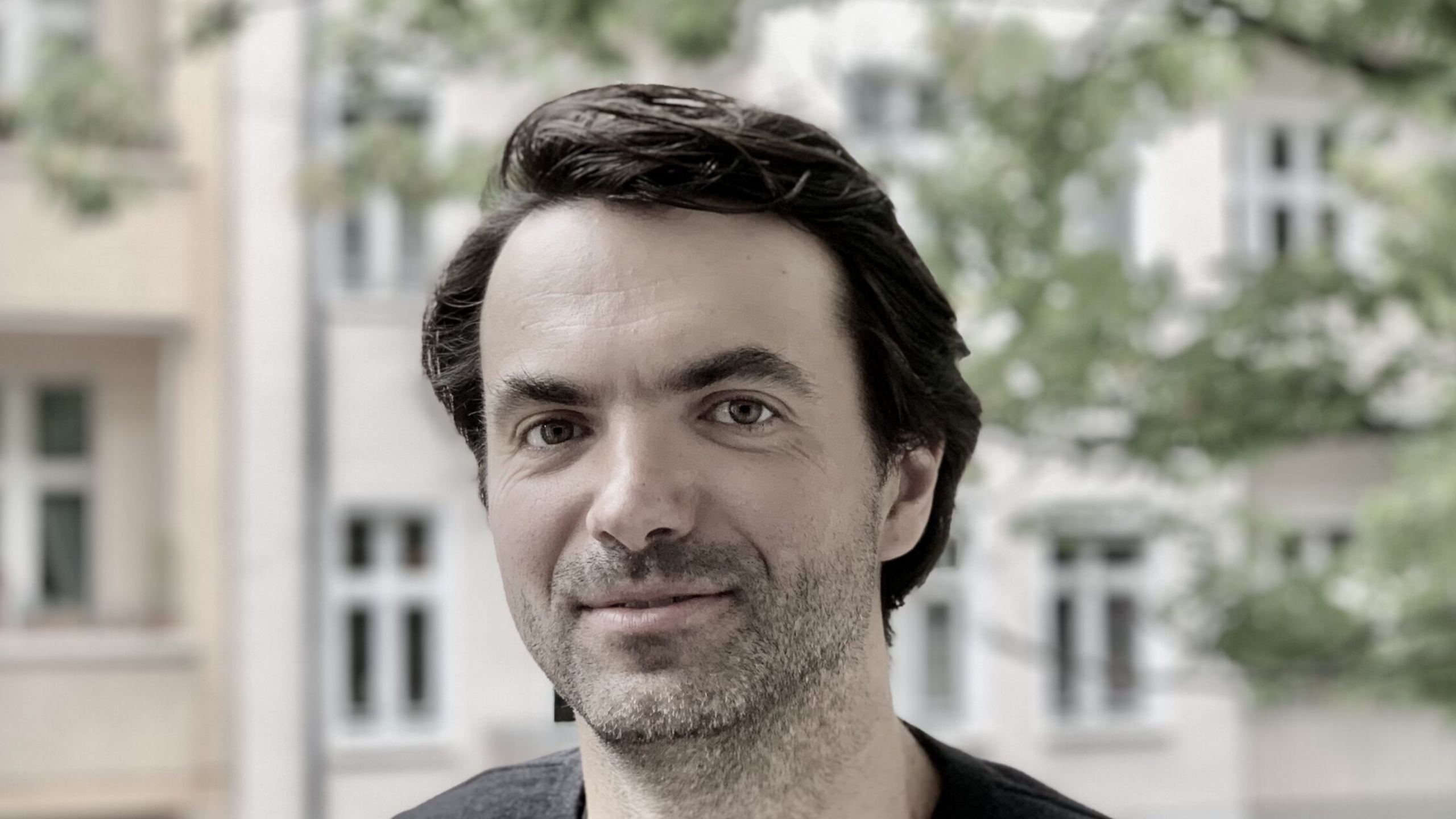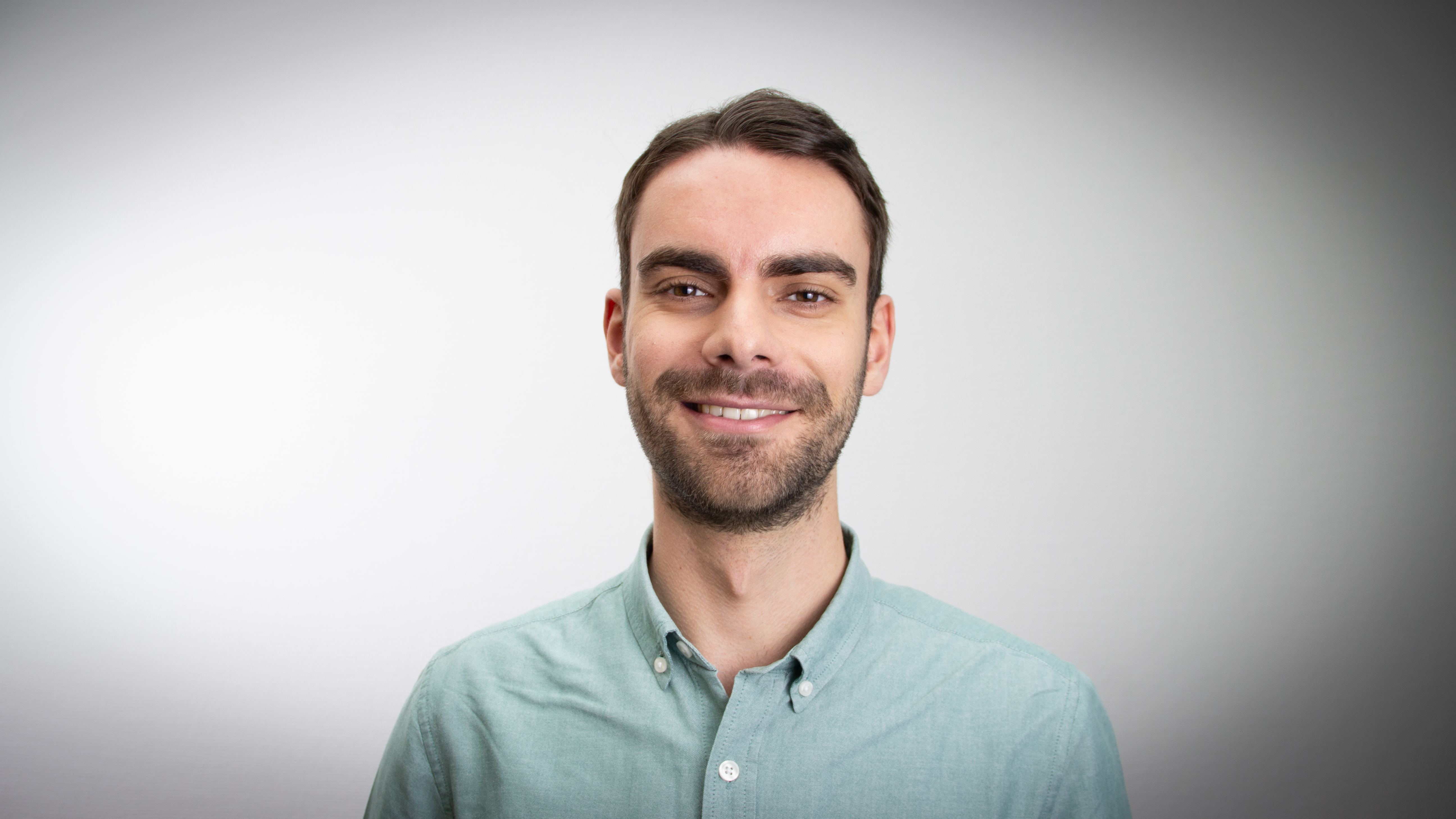POLICING PLATFORMS: ADDRESSING POWER AND INEQUALITIES IN PLATFORM POLICIES
| Author: | Katzenbach, C., Redeker, D., Magalhães, J. C., Kopps, A., Sühr, T., Caplan, R., Yilma, K. |
| Published in: | |
| Year: | 2022 |
| Type: | Working paper |
| DOI: | 10.5210/spir.v2022i0.12959 |
Social media platforms had for a long time successfully positioned themselves in the “sweet spot” between beneficial legislative protections and a remarkable absence of obligations (Gillespie 2010: 348), yielding little need to take direct responsibility for the content of users. Increasingly, and specifically since 2016, public and policy pressure has pushed platforms to become something different: not the allegedly neutral tech companies, but powerful intermediaries responsible for the functioning of public discourse and democracy. Platforms have struggled to develop their positions and processes for handling contested and delicate issues such as hate speech and misinformation, and the (at times unwritten) policies are still changing regularly. The panel examines four interrelated aspects of platform policies, including (1) the complexification and commodification of copyright content moderation, (2) platform verification processes and policies to classify some users, things, and places as ‘official,’ or ‘authentic’, (3) the relationship between human reviewers and AI in the enforcement of content moderation policies, and (4) the dilemma platforms face when turning to human rights as a standard for their platform policies. Taken together, the papers of this panel analyze crucial power dynamics and inequalities embedded within and extending beyond platform policies. For this, the panel convenes a productive multidisciplinary conversation and methodological exchange. This examination of the social, political, legal and economic underpinnings of recent changes in platform policies from a global perspective will allow us to better understand the ability of platforms to “re-fashion the world in their image” and to foster change.
| Visit publication |

Connected HIIG researchers
Christian Katzenbach, Prof. Dr.
Adrian Kopps
- Open Access


